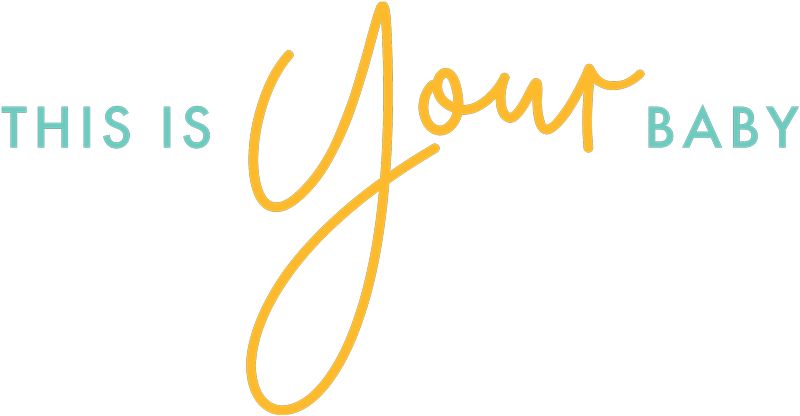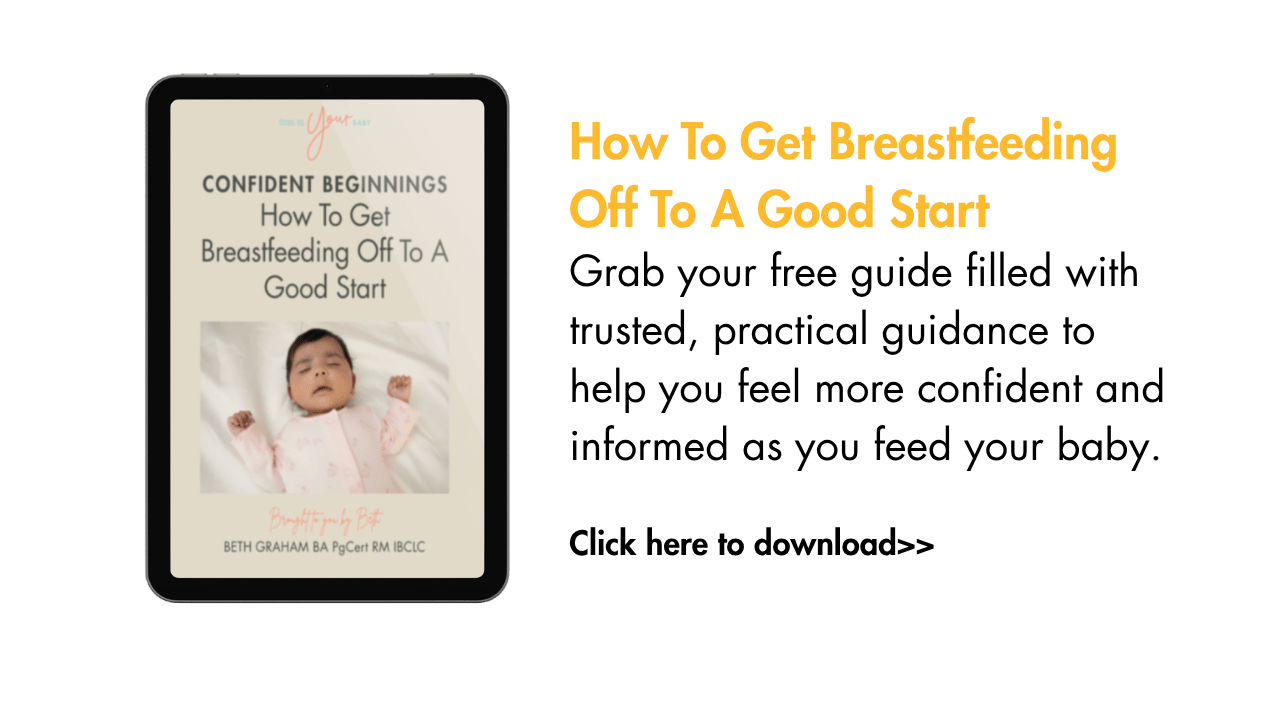What Can I Eat When Breastfeeding?
Sep 05, 2025
If you have been told a dozen different things about what to avoid while breastfeeding, you are not alone. It can feel like one wrong bite of broccoli will leave your baby screaming in discomfort. But let’s take a deep breath, the truth is far more reassuring.
This blog clears up common myths and offers simple, practical guidance on what foods you can enjoy (spoiler: it’s most of them!).
Can I Eat Foods That Were Off-Limits in Pregnancy?
Yes - and breathe a sigh of relief while tucking into that soft cheese or sushi.
During pregnancy, your placenta plays a crucial role in nourishing and protecting your baby, but it’s not great at filtering out potential pathogens like Listeria. That’s why certain foods are off-limits while you are expecting.
Once your baby is here and you are breastfeeding, it’s your breasts, not your placenta, doing the filtering. And they are much better at keeping your milk safe. There is no evidence that listeria or other harmful pathogens pass into breastmilk through food, especially if you are eating from trusted sources.
So what’s back on the menu?
- Sushi - especially low-mercury options like salmon or young tuna
- Rare steak - from a reputable restaurant or butcher
- Unpasteurised cheeses - particularly soft or semi-soft ones
So enjoy the foods you’ve been missing - just make sure they’re fresh and safe, as you would for anyone recovering from birth.
Will Coffee, Chocolate, or Spicy Foods Upset My Baby?
This is one of the most common concerns I hear, and the list of so-called ‘problem foods’ can feel endless: cabbage, onions, garlic, chocolate, coffee, strawberries, spicy curry… the list goes on!
But let’s be clear, if you avoided every food someone suggested might upset your baby, you’d be left eating little more than rice and water. That’s not sustainable, nor is it enjoyable.
Here’s what to keep in mind:
- Strong flavours can alter the taste of your milk, but this is not necessarily a bad thing as it can actually help your baby become used to a variety of tastes.
- Gas-producing foods (like beans or broccoli) won’t make your baby gassy, because gas stays in your digestive system, and doesn’t get into your milk.
- Babies have moods too. If your little one is unusually unsettled, it might have nothing to do with your lunch.
A helpful approach is to eat foods in moderation and watch for patterns. For example, if you eat a whole punnet of strawberries and your baby is unusually grizzly afterwards, avoid strawberries for a few days and then reintroduce them and see what happens. Most of the time, it’s a coincidence, but sometimes you’ll notice a clear link. You need to be the detective here, and there’s no right or wrong, only what works for your baby.
Can I Have a Drink?
Aha, the alcohol question, often saved for the end of our consultation, once we have built some trust! And here’s the good news: yes, you can enjoy the occasional drink while breastfeeding, safely and without guilt.
The key is timing.
- Alcohol peaks in your milk around 1 hour after drinking.
- If you have one unit of alcohol right after a breastfeed, then wait two hours before feeding again, your baby will receive little to no alcohol.
- Alcohol enters your breastmilk via osmosis, but it also leaves the same way. As your blood alcohol level drops, so your body ‘cleans’ the milk and draws the alcohol back out of the breastmilk.
What about ‘pump and dump’? This isn’t about ‘cleansing’ your milk, it is necessary to relieve engorgement or prevent blocked ducts while you wait for your alcohol levels to drop down to a safe level, when you can then feed as planned.
And Coffee?
Yes, but gently does it. Coffee is a stimulant, and some babies are more sensitive than others. Start with one cup in the morning and see how your baby responds. If they’re especially unsettled, try reducing your intake or switching to decaf.
And remember - you’re tired. Don’t feel guilty for needing a little caffeine to get through the day!
What About Medication?
Pain relief and other medications given after birth are usually safe for breastfeeding. Your doctor or midwife will always check that anything prescribed is compatible.
If a medicine was safe during pregnancy, it should be safe during breastfeeding too, but always check. If in doubt, ask your pharmacist or healthcare provider.
Important note: Avoid over-the-counter decongestants if you have a cold, as they can reduce your milk supply. And if you’re taking codeine-based medications (like Dihydrocodeine), be aware they might make both you and baby sleepy - these are good ones to phase out first.
In Conclusion
Your baby doesn’t need you to eat a perfect diet. They need you - well-nourished, rested (as much as possible), and enjoying life where you can. Your breasts will take care of preparing the best meal possible for your baby.
Remember… The food you eat is fuel. It helps you keep going through night feeds, baby snuggles, and everything in between. So be brave, eat with joy, and trust your instincts. Moderation is your friend, and if something seems to cause a reaction, simply adjust and keep going.
You're doing an amazing job.




